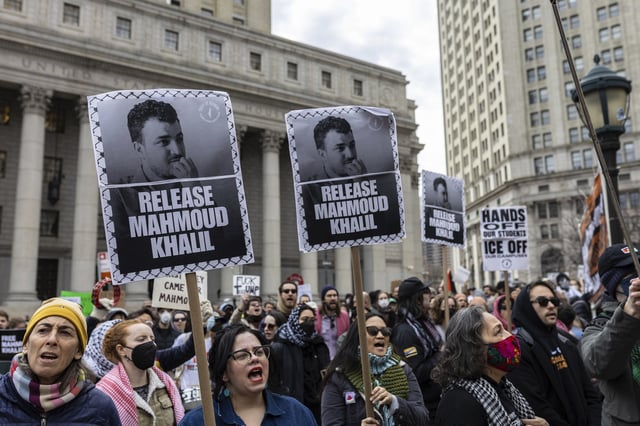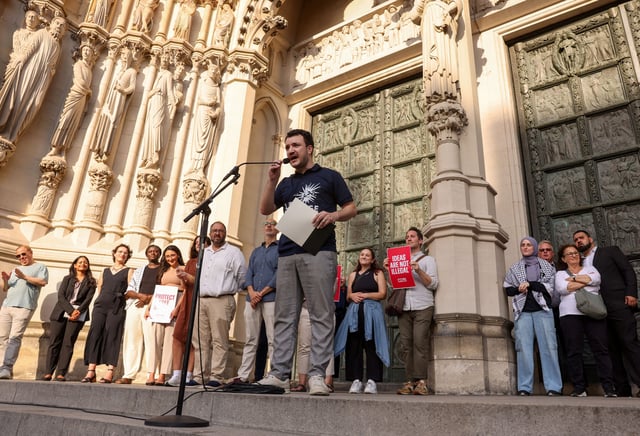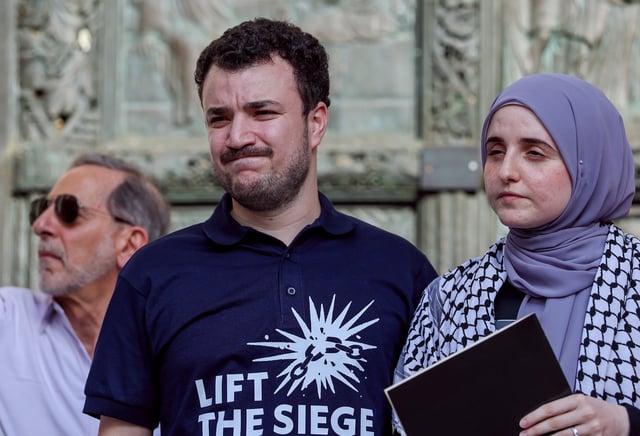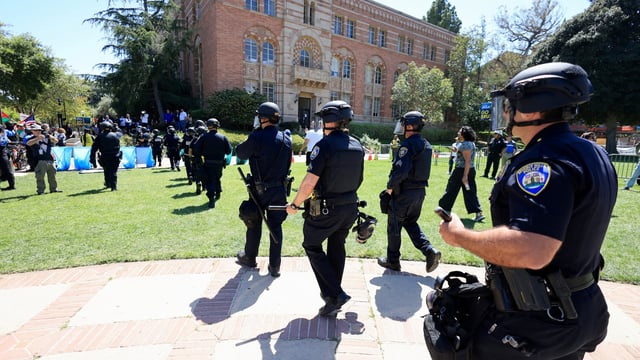Overview
- A two-week bench trial began July 7 in Boston before U.S. District Judge William Young to decide if the administration’s visa revocations and detentions of pro-Palestinian academics breached First Amendment and Administrative Procedure Act standards.
- The American Association of University Professors and Middle East Studies Association allege an unwritten policy has targeted noncitizen students and faculty for pro-Palestinian speech through visa cancellations and deportation threats.
- Department of Justice attorneys argue no ideological deportation policy exists and maintain that constitutional protections apply differently in immigration enforcement contexts.
- Professors Megan Hyska and Nadje Al-Ali testified that the high-profile detentions of Mahmoud Khalil and Rümeysa Öztürk prompted them to self-censor, remove social media posts and avoid public protests.
- Judge Young emphasized the trial’s fact-finding role and will determine appropriate remedies if he finds that the administration violated free-speech rights or APA procedures.



